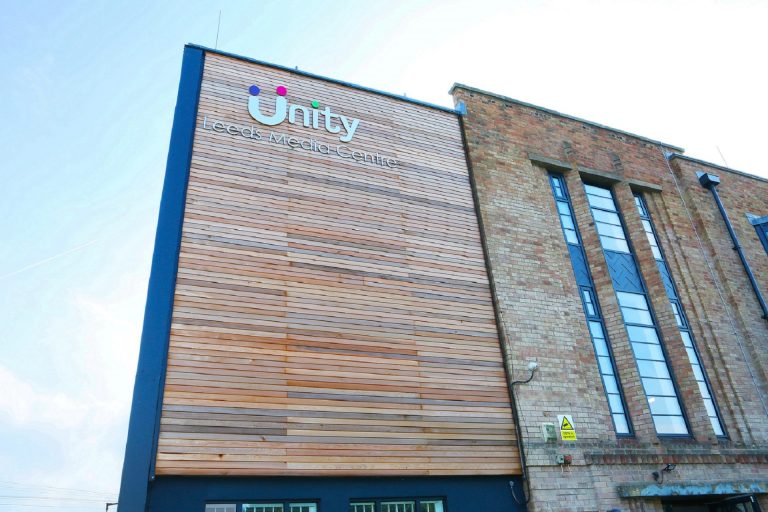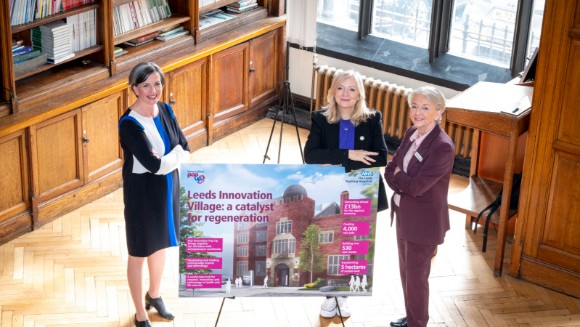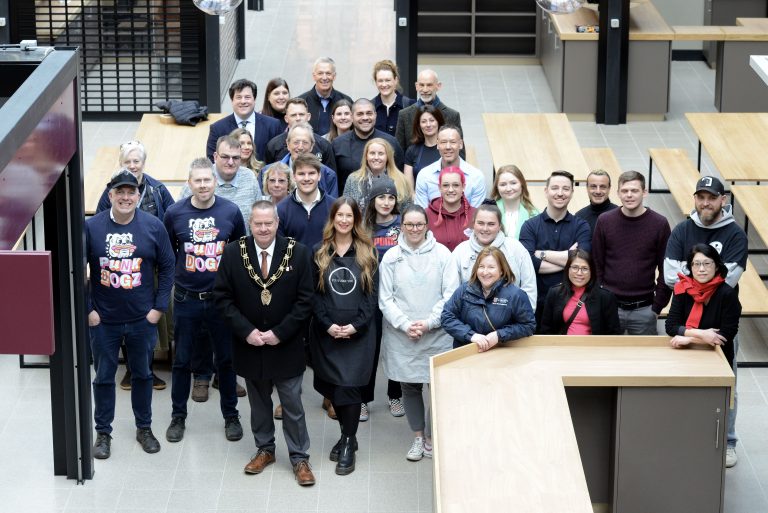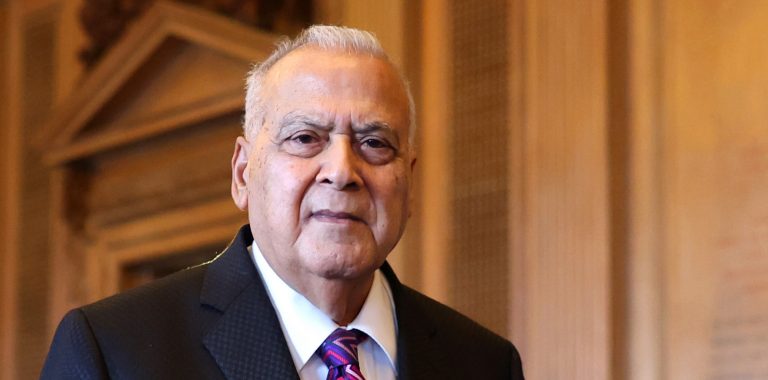Today’s competitive market requires a strong business culture to attract and retain top talent. A prospering, healthy, and pleasant work environment increases worker satisfaction, loyalty, and productivity, but getting there (and staying there) can be difficult.
Celebrating “culture cultivation” rather than “fun” requires more than team building or a Christmas party. After being awarded one of the
Best Software Companies in the UK 2024 by G2,
employee recognition software experts Mo present seven real-world ways to improve business culture.
These methods avoid overly interventionist tactics to create an environment where employees feel valued, inspired, and united.
Open up communication
Making work a setting where individuals feel comfortable communicating can boost morale. Whenever possible, foster an environment that values honest feedback. Feedback sessions between employees and management can foster continuous improvement and mutual respect by making employees feel heard and respected, as well as helping management understand their team’s beliefs and motivations.
Regular open forums where anybody may discuss workplace culture, projects, and processes can promote free discourse and community belonging. These forums can help people overcome challenges and brainstorm business growth.
Your office can also include anonymous suggestion boxes. These, whether digital or physical, are helpful for eliciting people’s perspectives who may not feel comfortable speaking up in public. These suggestion boxes allow staff to voice ideas and issues without fear of being judged or “singled out” from the crowd.
Opening communication can boost employee engagement and collaboration, making the workplace more productive and peaceful.
Flexible work arrangements
Today’s workforce values workplace flexibility, and there are many ways to provide it, each with its own benefits. Allowing employees to work remotely, from home or elsewhere can raise morale and reduce stress. Recognising employee needs and preferences promotes a healthier work-life balance.
If your business model permits, give your personnel more scheduling flexibility to work when they’re most productive. Employees will be happier and more engaged if they can schedule their work around their obligations, and at times when they feel most inspired and energetic.
Work-life balance is crucial to employee health and satisfaction, and various instances of research have shown that workplace flexibility boosts productivity and reduces absenteeism. These types of arrangements can show employees that you trust them and are willing to meet their needs, earning their loyalty and respect.
Professional development investment
Online courses and qualifications are a great way to enhance staff members’ skill sets and knowledge bases. Employers can look to funnel some of their budget into providing memberships to top educational platforms, or paying for online seminars and workshops.
Similarly, encouraging mentorship ties inside an organisation can help with knowledge transfer and career development. Employees can learn from more seasoned coworkers and improve their own career navigation through mentorship programmes – what’s more, this is a great way to get staff members engaging with one another in a productive and engaging way that could foster genuine bonds of trust.
Giving each employee a learning and development budget empowers them to take charge of their own progress and direction in your company. This money could cover conferences, certificates, and specific training. Give employees the “keys” to their career growth and let them pursue learning opportunities that meet their interests (preferably in a way that suits your business goals).
Recognise success
To encourage and retain your staff, you may want to make efforts to recognise and reward team members for their contributions. There are innumerable ways to do this, and some work better than others.
Encourage employees to acknowledge the accomplishments of their coworkers through a peer recognition platform. This helps to create a more positive work atmosphere, and encourages a culture of vocalised gratitude. Meetings on a regular basis or a digital platform might both serve as facilitators for such programmes.
Extra vacation days, public recognition, or chances for professional development are examples of non-monetary incentives that can have a big influence. Workers will feel appreciated because these prizes can be personalised to their requirements and tastes, showing them that you, as an employer, recognise and value them as an individual, not just another “cog” in the machine.
No matter how big or small, it’s important to celebrate both individual and team accomplishments and milestones. This will raise morale and inspire people to keep working hard. There is a wide spectrum of celebrations, from handwritten messages of gratitude to extravagant team parties. Organisations can motivate their staff to keep performing well and committing to the company’s objectives by establishing a culture that frequently acknowledges and rewards accomplishments in a genuine and meaningful way.
Promote wellness
Workplace wellness programmes should promote employees’ physical, mental, and emotional health. Your employees will be more productive, creative, and happy at work if they lead healthy lifestyles.
For the body, offering gym memberships or cash donations encourages staff to be active and healthy, improving wellness and productivity. Ergonomic furniture and tools help reduce physical strain and long-term health issues, showing your commitment to employee well-being. Supporting mental health days, reducing stigma, and enforcing work-hour limitations for all employees helps create a healthy work environment.
Companies that emphasise health can help employees find a better balance, which enhances their satisfaction at home and at work and their productivity.
Encourage relationships
Fostering workplace social interactions improves teamwork and employee satisfaction. Your workforce may have a diverse set of values, interests, and qualities, making this a tricky – but by no means impossible – environment to traverse. You can’t force people to like one another, but there are some things you can do to encourage the natural development of social relationships.
Lunch-and-learns or interest-based groups can help employees bond without the demands of formal events like a workplace Christmas party. Outside of a structured setting, creating “breakout” spaces for leisure or casual talk can help team members relax and open up, leading to better bonds and more unplanned encounters. Don’t underestimate the power of a ping pong table!
Promote a supportive and inclusive workplace to boost morale and belonging. Instead of talking about work, encourage your workers to talk about their personal lives, interests, and ideals to build camaraderie and deeper understanding. Team members should feel valued and included, and generating a welcoming culture can promote a more cohesive and supportive workplace.
Lead by example
Leadership has an enormous effect on company culture. When leaders model the behaviour they want to see filter through their business, they set the tone for everyone to follow.
A leader’s dedication to the company’s principles and culture might be best shown by taking the lead in implementing the changes they promote. A leader’s example can motivate followers to do the same, whether that’s through vulnerability, open communication, or taking part in professional development opportunities.
A culture of trust and open communication may flourish when leaders set an example by being vulnerable and honest about the struggles they face. When workers feel their opinions matter, they are more likely to voice them.
When leaders set a good example, they inspire their teams to do their best work by creating an environment of mutual respect, trust, and constant progress.
Conclusion
In closing, if you want your employees to be happy, stay, and productive, it starts with the creation of a pleasant work environment. From encouraging open communication and providing flexible work arrangements to setting a good example to your staff, all of the tactics discussed in this article aim to improve workplace culture in a genuine and successful way. Businesses should take it slow when introducing new policies and procedures, testing several approaches to see what works best for their employees. By taking baby steps and providing constructive criticism, you may make changes and encourage a growth mindset.






















